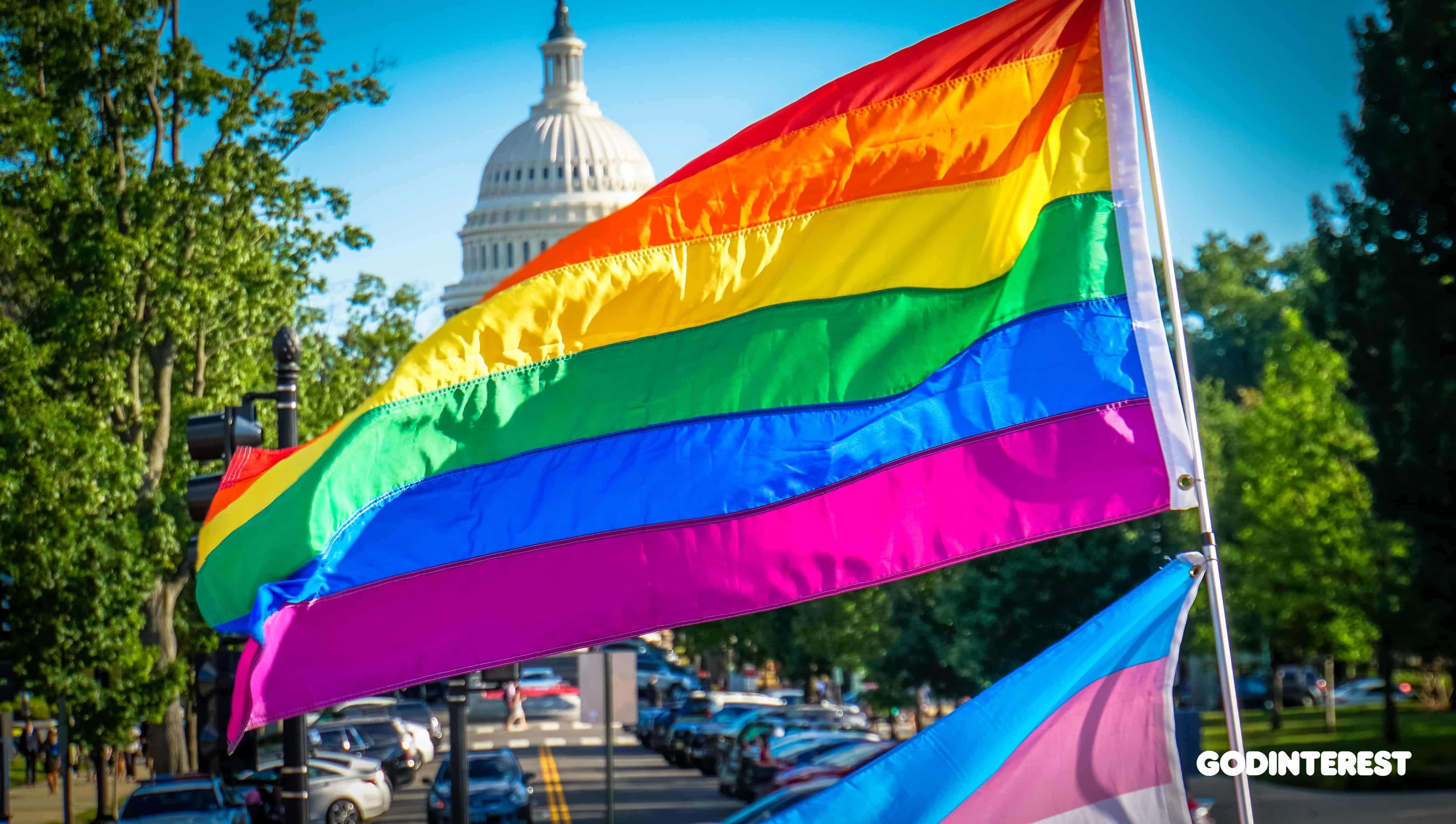“Sexual violence against women and girls is rooted in centuries of male domination. Let us not forget that the gender inequalities that fuel rape culture are essentially a question of power imbalances.”
UN Secretary-General António Guterres
The United Nations General Assembly has designated November 25 as the International Day for the Elimination of Violence Against Women (Resolution 54/134). The premise of the day is to raise awareness of the fact that women around the world are subject to rape, domestic violence and other forms of violence; furthermore, one of the aims of the day is to highlight that the scale and true nature of the issue is often hidden. For 2014, the official Theme framed by the UN Secretary-General’s campaign UNiTE to End Violence against Women, is Orange your Neighbourhood. For 2018, the official theme is “Orange the World:#HearMeToo” .
This year’s theme is “Orange the World: Generation Equality Stands Against Rape.” For the next two years, a campaign from the U.N. Secretary General will focus specifically on rape in its efforts to prevent and eliminate violence against women and girls.
According to U.N. figures, one in three women and girls experience some form of physical or sexual violence in their lives. The U.N. estimates that approximately 15 million adolescent girls have experienced forced sex during their lifetimes. Based on its data from 30 countries, only 1 percent of these girls ever looked for professional help.
“Too many of us fail to name or challenge the rape culture that surrounds us,” U.N. Women said in an statement about this year’s theme.
U.N. Women encourages people to get directly involved in preventing sexual violence by learning about rape culture, listening to survivors, and talking about consent.
For this year’s International Day for the Elimination of Violence Against Women, here are some tweets that show you how to do exactly that.
1. Stand up
2. Know the definition of consent as there is no excuse for sexual violence
3. Support survivors
4. To feel safe, women and girls have to look at everyday objects differently. Understand the burden women carry to avoid violence




